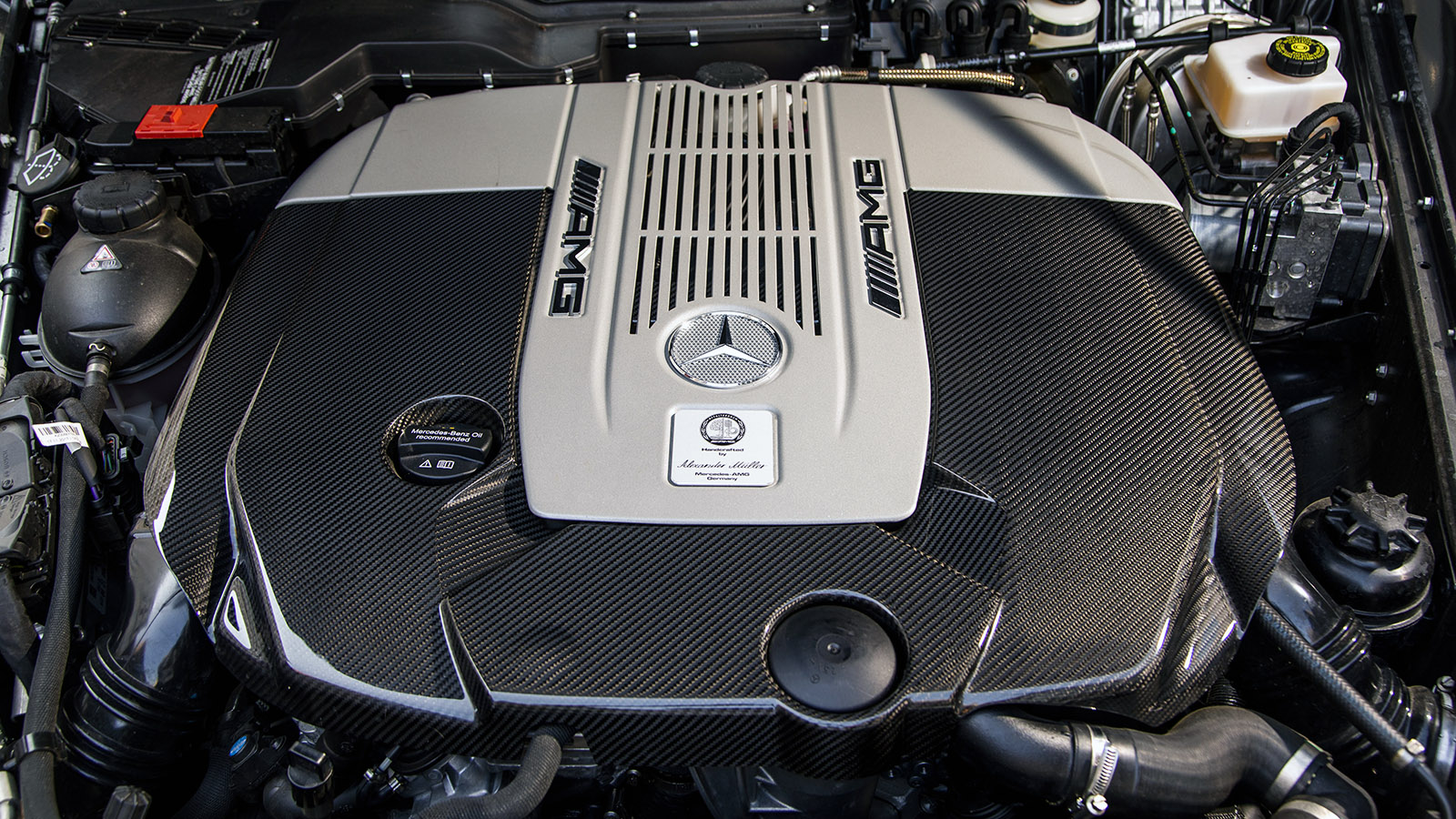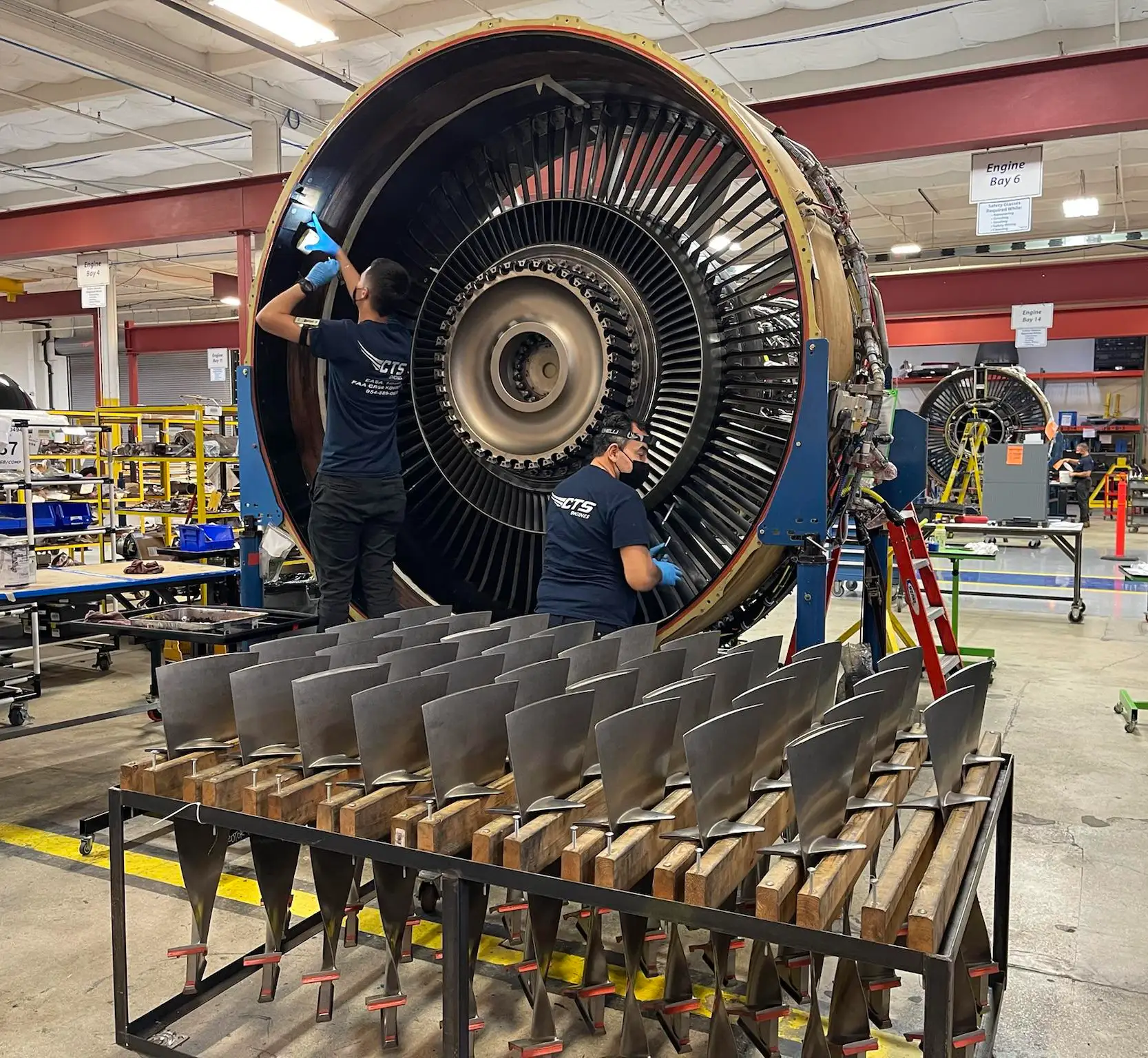Discover a Wide Variety of Engines for each Vehicle and Purpose
The vehicle landscape is increasingly complex, with a diverse range of engine types created to satisfy particular efficiency and effectiveness demands across numerous vehicle categories. From the high-performance engines that power cars to the fuel-efficient options customized for everyday commuting, the selections are substantial and varied. In addition, heavy-duty engines serve the requirements of work cars, while environmentally friendly choices are gaining traction in the search of sustainable transport. Understanding these differences is important for making informed choices, specifically as arising innovations continue to shape the future of automotive design. What implications might these developments hold for manufacturers and customers alike?
Types of Automotive Engines
Automotive engines can be classified into numerous distinct types, each designed to fulfill certain efficiency and performance requirements. One of the most common groups consist of inner burning engines, electric engines, and hybrid systems.

Electric engines, on the other hand, run on electric power saved in batteries, giving immediate torque and absolutely no discharges. These engines are coming to be significantly prominent as a result of developments in battery modern technology and the growing emphasis on sustainability.
Crossbreed systems combine both interior burning and electrical engines, allowing automobiles to maximize gas efficiency and lower discharges by flawlessly switching in between power resources. Each engine kind presents its disadvantages and advantages, influencing aspects such as vehicle design, meant use, and market need. When choosing the proper engine for their details demands., recognizing these distinctions is vital for suppliers and customers alike.
Performance Engines for Sports Cars
Performance engines for sports vehicles are particularly engineered to deliver enhanced power, speed, and dexterity, setting them aside from basic automobile engines. These engines frequently utilize advanced modern technologies such as turbocharging, turbo charging, and variable shutoff timing to make the most of efficiency and responsiveness.
Generally, efficiency engines are made with greater compression ratios, which allow for greater power removal from fuel. This leads to impressive horsepower and torque numbers, allowing quick velocity and higher full throttle. The light-weight materials made use of in these engines, such as aluminum and carbon fiber, add to minimized overall lorry weight, improving handling and ability to move.
Engine setups like V6, V8, and even hybrid systems prevail in performance sporting activities automobiles, each offering unique advantages in terms of power shipment and driving dynamics. The adjusting of these engines is also vital; numerous suppliers enhance the engine monitoring systems to offer an exciting driving experience, usually including sporting activity modes that change throttle feedback and gear changes.
Reliable Engines for Daily Commuters
In the realm of day-to-day commuting, effective engines play a crucial function in maximizing fuel economic climate and decreasing emissions while supplying reliable performance. As metropolitan populaces expand and environmental issues heighten, the demand for cars furnished with reliable powertrains has surged.
Modern engines created for day-to-day travelers frequently integrate innovations such as turbocharging, straight gas shot, and crossbreed systems. Get More Information Turbocharging enhances engine efficiency forcibly even more air right into the burning chamber, enabling smaller sized, lighter engines that do not compromise power output. Direct fuel injection improves fuel atomization, resulting in much better combustion and boosted effectiveness.
Crossbreed engines, incorporating inner burning with electrical power, more boost gas economic situation, specifically in stop-and-go traffic, where standard engines can deal with inefficiencies. Electric motors assist throughout velocity and can run individually at reduced speeds, minimizing general fuel consumption.
Moreover, advancements in engine management systems and light-weight products contribute considerably to effective engine design. By concentrating on efficiency, Check This Out longevity, and ecological sustainability, makers continue to deliver engines that not just fulfill the needs of everyday commuting but additionally straighten with worldwide initiatives to decrease carbon footprints.
Heavy-Duty Engines for Job Cars
Durable engines for work lorries are regularly engineered to supply phenomenal torque and integrity under demanding problems. These engines are created to carry out in environments where typical engines may fail, such as building sites, logging procedures, and agricultural settings. The main focus of sturdy engines is their capability to generate high degrees of power while maintaining durability over expanded periods of operation.
Commonly, durable engines utilize innovative materials and durable building and construction methods to withstand the roughness of hefty workloads. Attributes such as reinforced cyndrical tube blocks, enhanced cooling systems, and progressed fuel shot technologies add to their effectiveness. These engines typically run at lower RPMs, which assists to optimize fuel effectiveness while providing the needed power for carrying and lugging.
In addition to mechanical effectiveness, sturdy engines are frequently outfitted with sophisticated digital control devices (ECUs) that manage efficiency, exhausts, and diagnostics. This assimilation permits far better tracking and upkeep, ensuring that work cars stay functional and reliable.
Ultimately, heavy-duty engines are a necessary part in the productivity of various industries, offering the required power and dependability to deal with the most difficult of jobs.
Eco-Friendly Engine Options
The growing emphasis on sustainability has resulted in the see here advancement of green engine alternatives that focus on minimized discharges and enhanced fuel effectiveness. These engines are developed to reduce the environmental impact of vehicles while still providing the performance and integrity anticipated by customers.
Amongst the most notable environmentally friendly options are electrical and hybrid engines. Crossbreed engines integrate conventional internal burning engines with electrical propulsion, permitting for lowered gas intake and lower greenhouse gas discharges. Electric engines, on the other hand, operate entirely on battery power, generating absolutely no tailpipe discharges and contributing to cleaner air high quality.
One more promising growth is the innovation of biofuel engines, which use sustainable resources, such as plant materials, to power lorries (Engines For Africa). By utilizing biofuels, these engines can reduce reliance on nonrenewable fuel sources and reduced overall carbon footprints

As the vehicle industry progresses, environmentally friendly engine options will certainly play an essential duty in driving the shift in the direction of more lasting transportation solutions.
Final Thought
From high-performance engines that improve sporting activities cars and truck capabilities to effective designs focusing on gas economy for daily commuters, each kind offers a details feature. Heavy-duty engines cater to robust job lorries, while environmentally friendly choices, such as electric and biofuel engines, promote sustainable transportation.
